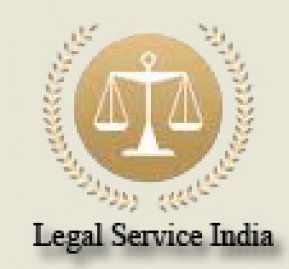In spite of registration of the proprietorship his name may stand removed from the registrar, what happens is one may get aggrieved and wishes that there should not be the continuation of the registration then such a person has to follow the following procedure to get the registration struck off-
(i) choose an application to the Registrar or to the appellate board in the Prescribed manner,
(ii) the only ground is non user,
(iii) One has to plead in the application that the very registration was by the proprietor, that proprietor has no bona fide intention to use those goods or services.
(iv) if there was an application that the company was to use it even then there was no intention bona fidely to use the trade mark at least within three months before the date of this application.
(v) Up to three months before the date application show that far a continuous period of 5 years or more from the date the mark was registered there was no bona fide use at all.
However if the proprietor was a person who was permitted under section 12 to register an identical trade mark of such goods then the Registrar or the tribunal may not allow the aforementioned application for removal on the ground of non user.
But here also the proprietor has to show that he had been bona fide user of that article.
Likewise, there is another provision complying in the following two cases-
(a) the proprietor may show the circumstances did exist for use of the trade marks and
(b) he was permitted under section 12 to register an identical or nearly resembling trade mark.
The appellate tribunal or the Registrar, on an application chosen may impose limitation.
another interesting point is there may not be a refusal if it is shown by the proprietor that did exist special circumstances where law itself had put restrictions on the use.
Important Section of Trademark Act
1. Section 48 and 49 deals with Registered User and Registration
2. Section 50 and 51 Deals with powers of Registrar
3. And Section 52, 53 and 54 deals with Rights of Registered User.


